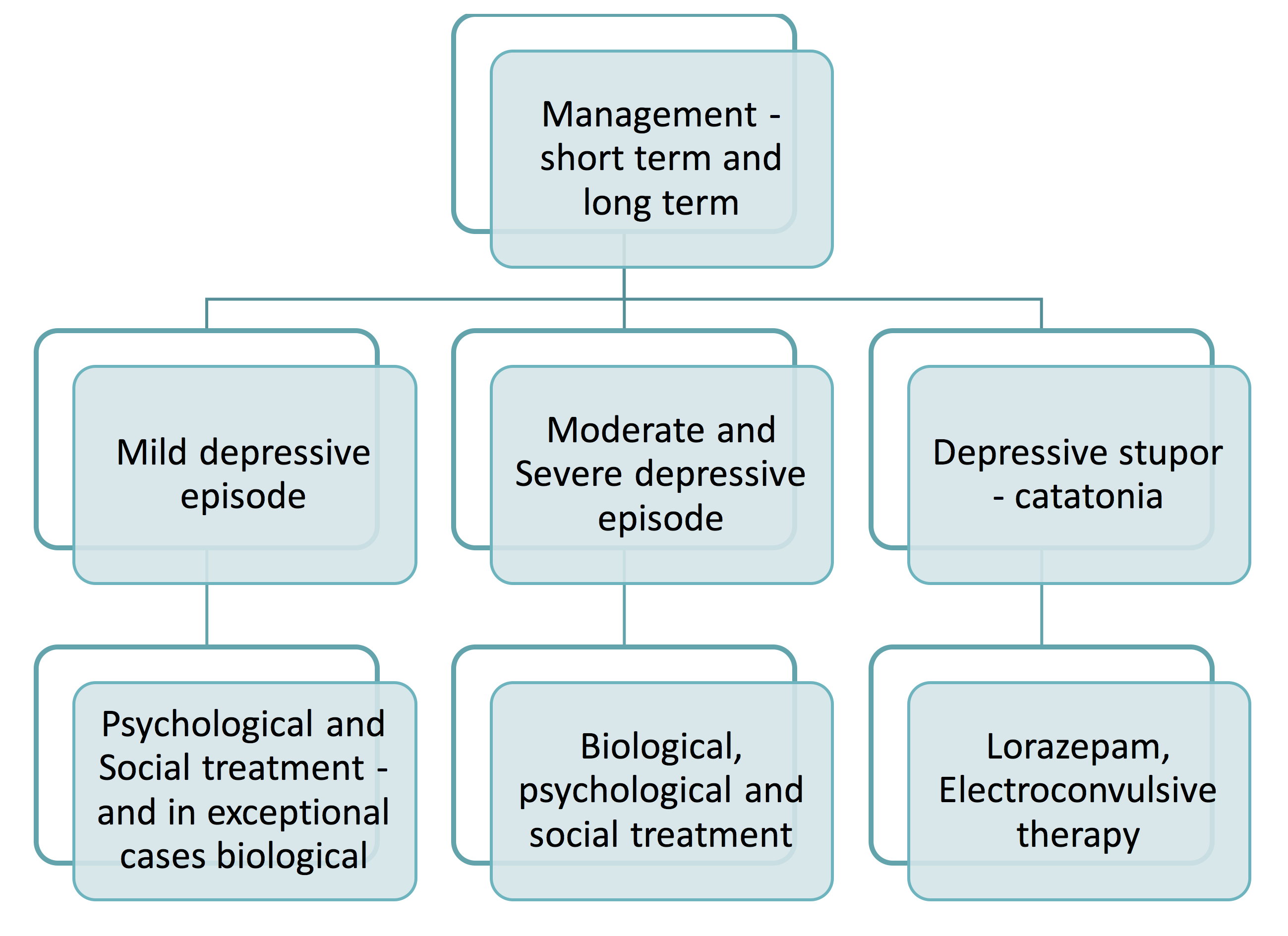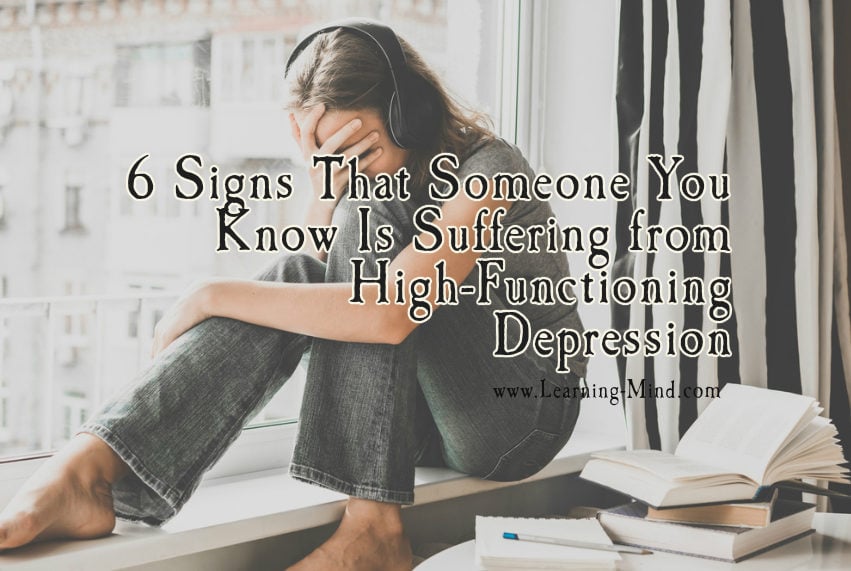

Pain is made worse or better depending on your psychological state.” Poor memory For most of us, if our finger was shot off, we wouldn’t be laughing. A fine example is soldiers in wartime getting a finger shot off and being carried off the field in a state of euphoria, laughing. “What is happening in your life will impact on pain. “Pain is an almost entirely psychological phenomenon,” says Salkovskis. This may present as unexplained aches and pains that don’t go away, even with treatment. “It can be difficult to go to sleep,” says Salkoskis, “but typically with more severe depression it’s about early waking – people wake up around 4am and can’t go back to sleep.” Aches and painsĭepression can increase your susceptibility to pain. Some find themselves sleeping too much due to constant fatigue, but wakefulness is more common. Many people with depression report disturbance to their sleep patterns. There may also be a biological cause, as depression is linked with hormonal changes. “If everything is rubbish, presumably your relationship is rubbish, and everything is pointless, and why would your partner want to have sex with you anyway?” “It’s scarcely surprising,” says Salkovskis. Decrease in libidoĪnhedonia can also have an impact on your sex life.

“They simply lose the will to eat,” says Salkovskis. People with depression may overeat, indulging in so-called comfort eating, but more often they lose their appetite – another example of anhedonia.

They don’t want to be around people, they don’t go out as much, they spend more time at home.” Loss of appetite Adams says: “People who are depressed tend to find a sanctuary. This can extend to relationships, with the result that people with depression often become isolated. “It’s feeling listless, feeling totally flat, as if the world is colourless, everything is rubbish.” “Anhedonia probably translates best as loss of interest,” says Salkovskis. In this state you no longer get pleasure from things you once enjoyed, and struggle to make any kind of effort. Around 2pm you suddenly feel a change, as if a switch has been flipped.” Lack of interest and enjoymentĪnhedonia, as psychologists call it, is another very common symptom of depression. “It’s a phenomenon called diurnal variation, which is a great way of saying you feel much sadder in the morning than you do in the afternoon,” says Paul Salkovskis, professor of clinical psychology and applied science at Bath University. The low mood may well be worse in the morning. And you can become much more irritable with other people.” “A person who is depressed and doesn’t know it may become more critical and judgmental about themselves – they might self-blame. “Often people with depression have a feeling of low self-esteem and unworthiness,” says Adams. This is, of course, the most obvious sign of depression. You can just be clinically depressed and think, ‘This is the way my life is.’”Īlthough no two cases are ever exactly the same, there are a number of factors to look out for. You don’t have to be suicidal to be depressed. “A lot of people think if you have depression you’re going to quit your job and so on, but many people continue to work, continue to function but to a very different degree. “People don’t quite understand that you can still function and have depression,” says Adams. Many of us simply don’t understand what depression looks like. Sometimes they think, ‘It’s just this illness’ or ‘I had a break-up with somebody’, but really they’re experiencing depression as well as the illness or the grief reaction.” If they have a lack of energy or fatigue, they might just think they’re doing too much. “Some of my patients have been surprised and shocked when I’ve told them they were depressed,” says clinical psychologist Angel Adams.


 0 kommentar(er)
0 kommentar(er)
